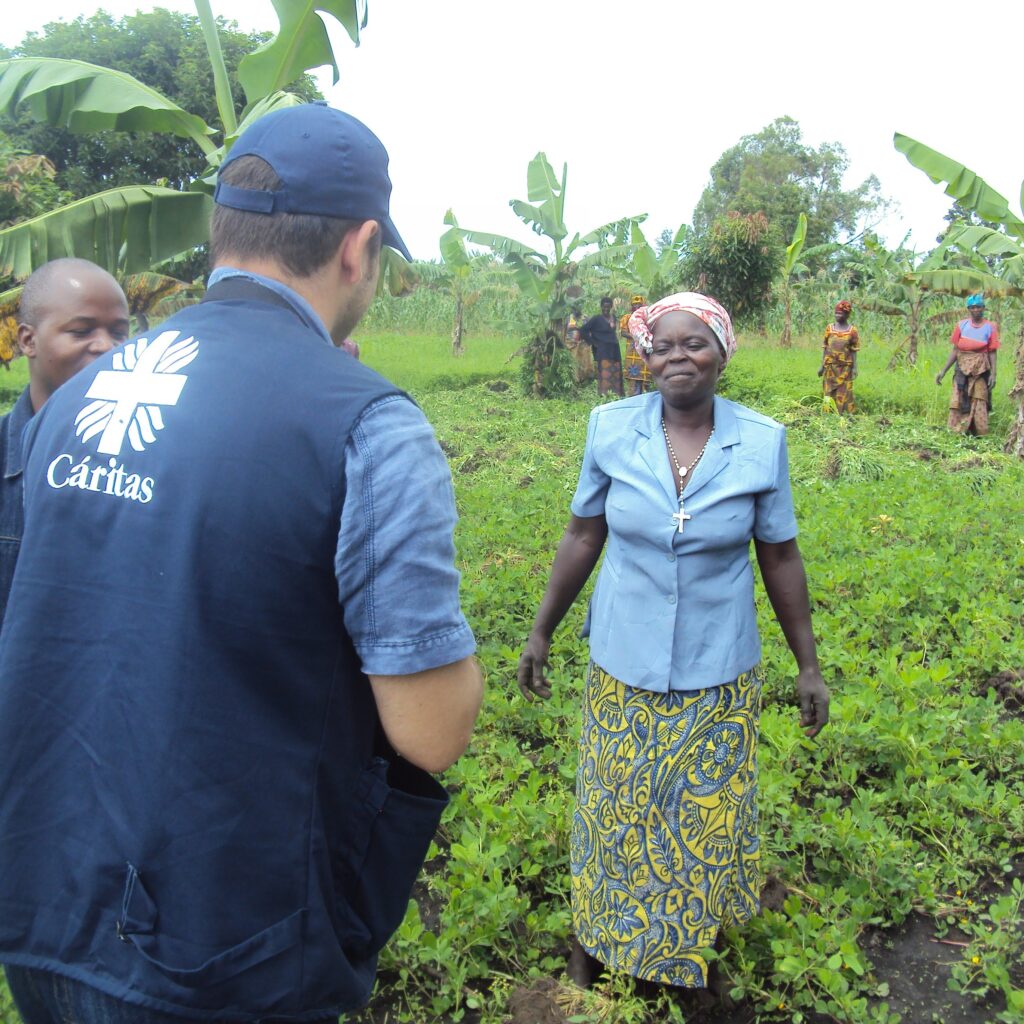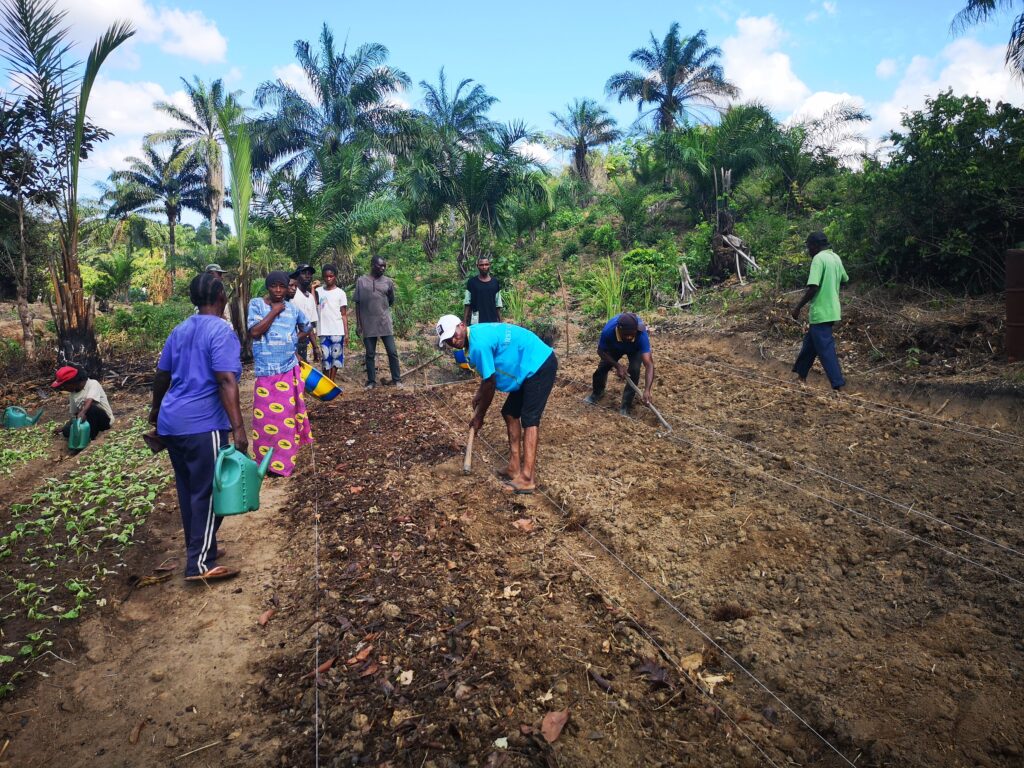Small farmers are the salvation

The war in Ukraine threatens global food security and will contribute to more people going hungry. To reverse this trend, we should focus on small-scale farmers in the South and local food production.
Russia and Ukraine produce more than half of the world's sunflower oil. They are also major producers of wheat, barley, rye, corn and sugar. Many developing countries depend on importing wheat and oil from these two countries. But since the war broke out, the price of these basic commodities has doubled. The situation is approaching the extreme food prices of 2007 and 2008.
Poor countries are the losers
The biggest losers are poor countries where access to food is already scarce - DR Congo, Burkino Faso, Egypt, Lebanon, Libya, Somalia, Sudan, Yemen and Bangladesh. Even before the coronavirus pandemic, which has contributed to a 30 percent increase in the price of food, the World Food Program warned that we were facing the biggest humanitarian crisis since World War II - with a growing number of people who are malnourished and undernourished and who do not know when they will have food on the table again. On top of that, climate change is making the situation even worse.

More aid for small farmers
Recently, Development Minister Anne Beate Tvinnereim (Sp) invited the largest aid organizations in Norway to a meeting to get input on what is needed to reverse the negative hunger trend. "We believe one of the solutions is to increase local food preparedness in poor countries. This can be done by channeling more aid to those who have the greatest needs and are most vulnerable to external shocks - such as local small-scale farmers.
Such an initiative will also help to reduce food waste. In sub-Saharan Africa and South and Southeast Asia, where the vast majority of undernourished people are located, more than 1/3 of the food already disappears on the farmland or in storage. The food that is produced where it is most needed is thus wasted before it even reaches the table and has the opportunity to be eaten.
Avoid food waste
If we continue to produce food as we do today, it is expected that climate change will contribute to a drastic increase in food waste in the coming decade. To avoid this, a massive investment is needed in small-scale farmers in the South - in climate-smart agriculture, handling and processing of agricultural products, and access to markets. The continent of Africa has farmland and the potential to produce food for almost the entire world, but despite this the continent imports almost NOK 350 billion worth of food every year. This means high costs and lost income, jobs and food for those who need it most.
food security at the bottom
With the war in Ukraine, global food security has reached a low point. Now is the time for action to reverse the trend. Small-scale farmers and local food production play an important role here. We hope and believe that the government agrees with us, as food security is their priority area in development policy.